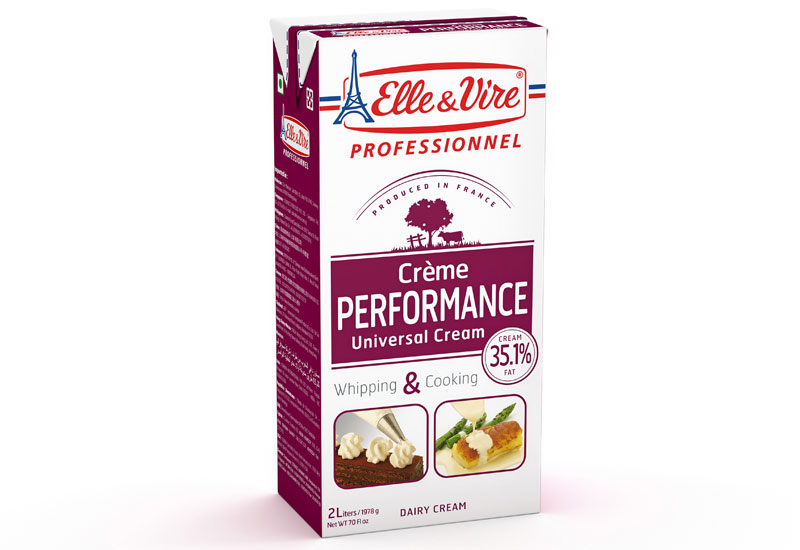The demand for dairy is high in the Middle East, but global challenges such as price changes and quality standards mean that chefs and suppliers are trying to overcome obstacles to supply the best possible product to consumers
What would you say are some of the challenges facing the dairy sector at the moment?
Globally, the dairy industry is in a fix with regards to getting the pricing right. A recent decline in global dairy commodity prices has seen many dairy processors report profit plunges. Independents, according to Sloane Brothers founder Joseph Chakra, have been less affected by the troubles. “These issues are mostly between major distributors and producers. Being an independent brand, we have not faced these issues and don’t expect it to affect our operations or quality of supply.”

| Advertisement |
US-based The Melting Pot’s head chef and head of culinary development Jason Miller said some of the challenges he has been facing in California are weather-related, which has witnessed record number of droughts and wildfires. “The cost of feeding dairy cows (which is 50% of the cost of milk production) has been rising,” he adds.
In the Middle East, one of the over-arching challenges a chef faces is the short shelf life of dairy products. Many dairy products struggle to battle against high temperatures and humidity in the arid desert region. “From a cost-saving perspective, we would like to be able to buy in bulk, but that leads to wastage and negates any possible saving,” explains Eastern Mangroves Hotel & Spa by Anantara executive sous chef Idin Asmitha.
Are there any concerns regarding sourcing of particular dairy products or ingredients in the Middle East?
Shelf life has an impact when looking to source unique dairy items not readily available in the region, says Asmitha. “Our biggest problem is that we can’t find particular dairy products produced locally, and hence, rely on imports when it comes to low fat products. The ricotta cheese and yoghurts are an example of this. Whilst imports are technically a good alternative, we are faced with a problem of limited shelf life.”
Also, customer expectations, when it comes to how their products have been farmed, are growing and influencing their choices when it comes to purchasing, Mutasher Al Badry, deputy general manager at Emirates Industry for Camel Milk & Products explains. This is particularly the case in Western countries, where concerns among consumers are rising with regard to how the animals have been treated and what hormones have been used in milk production, something manufacturers need to be aware of.
“Human health and animal welfare are becoming major factors in the consumers’ decision making. Hormone loaded products have proven to be damaging to human health, especially for children, and the slogan ‘Healthy Milk from Happy Cows’ is gaining popularity. This development leads to a growing demand for pure and natural products. We see this in a strengthening of the organic and bio-product market,” says Badry.
What are chefs demanding from suppliers right now in terms of dairy-related ingredients?
As consumers become increasingly concerned with freshness of produce and provenance, so too are the outlets serving dairy products. Chakra explains: “Responsible suppliers who proactively address important requirements are in an excellent position to solidify and expand their relationships with the chefs and other buyers.”
Miller explains: “Chefs are demanding more transparency with regards to dairy products’ ingredients. More concern where ingredients are sourced from and the nature of the ingredients can impact the flavours and integrity of menu items.”










 Search our database of more than 2,700 industry companies
Search our database of more than 2,700 industry companies









